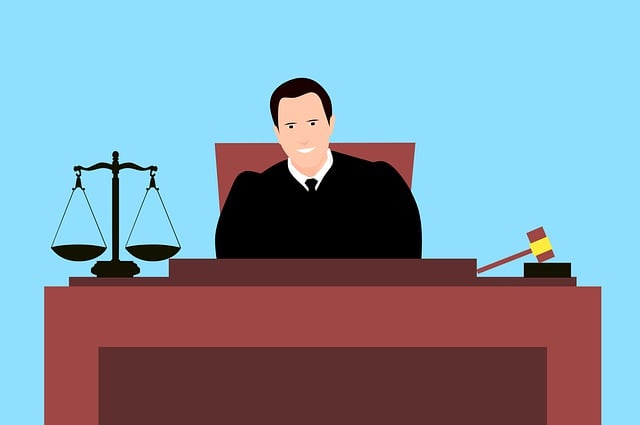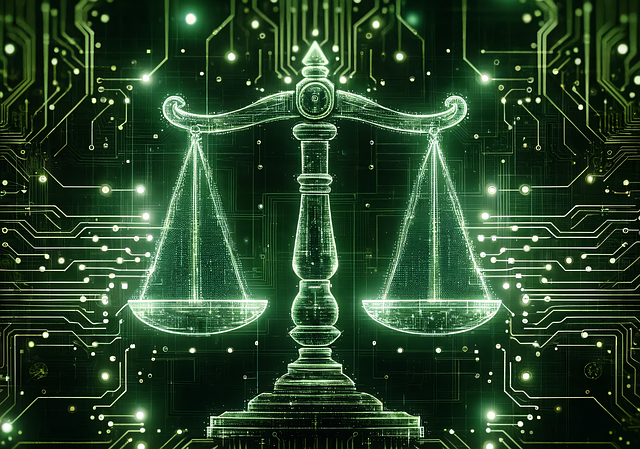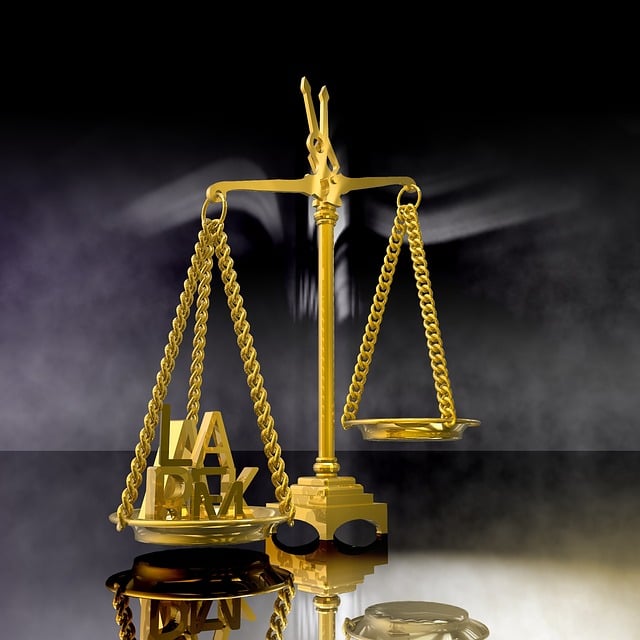Class action lawsuits empower individuals to collectively fight against powerful organizations for shared wrongs. To join, follow these key steps:
1. Determine Eligibility: Ensure your claim meets harm and common legal issue criteria.
2. Join the Certified Class: Share in settlements or judgments awarded.
3. Utilize Litigation Support Services: Leverage expertise and resources for document gathering, evidence analysis, event reconstruction, and strategic guidance.
4. Research and Assess Cases: Evaluate ongoing cases based on expertise and interests, comparing personal circumstances to broader plaintiff criteria.
5. Gather Evidence, Interview Witnesses, Strategize Legally: Collaborate with legal teams to navigate complexities and aim for favorable outcomes.
6. Weigh Benefits vs Risks of Litigation Support Services: Balance expertise, resources, potential risks like confidentiality breaches, and strategic alignment for the best case outcome.
“Litigation Support Services play a pivotal role in navigating complex legal landscapes, particularly in class action lawsuits. This comprehensive guide provides insights into understanding these collective legal actions, from their basic principles and eligibility criteria to their impact on individuals. We delve into the significant role these support services render in managing intricate cases, offering a step-by-step approach to identifying and joining suitable class actions. By exploring what to expect during litigation and weighing the benefits against potential risks, this article empowers individuals to make informed decisions regarding their legal options.”
- Understanding Class Action Lawsuits: Basics and Eligibility
- The Role of Litigation Support Services in Complex Cases
- Steps to Identify and Join a Suitable Class Action Suit
- What to Expect During the Litigation Process
- Benefits and Potential Risks: Weighing Your Options
Understanding Class Action Lawsuits: Basics and Eligibility

Class action lawsuits are a powerful legal tool that allows a group of individuals with similar claims to join forces and take on larger organizations. These cases often involve complex issues, such as white-collar and economic crimes, where many victims have suffered similar losses. By banding together, plaintiffs can pool their resources and increase their negotiating power against corporate or individual defendants.
Understanding the basics is crucial for anyone considering joining a class action. The first step is to identify if you meet the eligibility criteria. This typically includes having experienced harm as a result of the defendant’s actions and sharing common legal issues with other potential plaintiffs. Once these initial steps are taken, individuals can participate in the lawsuit by becoming part of the certified class, which allows them to share in any settlements or judgments awarded.
The Role of Litigation Support Services in Complex Cases

In complex legal cases, where the stakes are high and issues intricate, Litigation Support Services play a pivotal role in simplifying the process for all involved parties. These services act as a lifeline, providing specialized knowledge and resources to navigate through the labyrinthine legal procedures. By employing advanced technologies and expert analysts, they ensure that every aspect of the case is meticulously examined, from gathering and analyzing voluminous documents to reconstructing complex events. This thorough approach significantly enhances the chances of achieving favorable outcomes, whether it’s reaching a settlement or winning challenging defense verdicts in court.
For individuals interested in joining a class-action lawsuit, understanding the intricacies of these services can be crucial. The process involves several steps, including identifying the eligible claims, gathering relevant evidence, and coordinating with fellow plaintiffs. Expert litigation support facilitates this journey by offering comprehensive guidance, ensuring that every step is taken efficiently. This not only increases the likelihood of success but also enables plaintiffs to focus on their rights while leaving the complex legal strategies to professionals. Ultimately, these services contribute to a well-organized and effective class-action lawsuit, increasing the potential for complete dismissal of all charges or significant monetary compensations.
Steps to Identify and Join a Suitable Class Action Suit

Identifying a suitable class action lawsuit involves several strategic steps. Firstly, legal professionals should thoroughly research ongoing cases to align with their expertise and the interests of potential plaintiffs. This includes understanding the specific legal issues at hand and evaluating the strength of existing evidence. Engaging with legal databases and case management systems can facilitate this process by providing access to up-to-date information on pending litigation.
Once a promising candidate is identified, prospective participants must assess their eligibility to join the suit. This step necessitates a careful review of the criteria set forth by the lead attorneys and an evaluation of how one’s individual circumstances mirror those of the broader plaintiff group. By ensuring a strong connection between personal experiences and the broader narrative, individuals can contribute significantly to achieving extraordinary results that resonate across respective business, philanthropic, and political communities.
What to Expect During the Litigation Process

The litigation process can be complex and daunting, but understanding what to expect is a crucial step for anyone considering joining a class action lawsuit. The first step is to thoroughly assess your case and determine if it aligns with the criteria set by the class action. This involves reviewing the specific allegations, identifying potential harm, and evaluating the strength of similar cases across the country. Engaging with a reputable litigation support service can provide valuable guidance throughout this process.
Once you’ve joined the class action, the next phase includes gathering evidence, interviewing witnesses, and preparing legal strategies. It’s important to work closely with your legal team, who will navigate the complexities of the case and help build a winning challenging defense verdict. The steps to join a class action lawsuit require careful consideration and a deep understanding of your rights as a plaintiff, ensuring that every move is strategic and aligned with your best interests in achieving a favorable outcome.
Benefits and Potential Risks: Weighing Your Options

When considering litigation support services, it’s crucial to balance the benefits against potential risks. One significant advantage is the expertise and resources offered by these services, which can be invaluable in complex legal matters. They streamline processes like document review, evidence analysis, and expert witness identification, potentially leading to faster resolutions and cost savings. Additionally, joining a class action lawsuit through these services can amplify individual voices, aiming for a complete dismissal of all charges against the respective business.
However, risks may arise from relying too heavily on external support. Confidentiality concerns are paramount, as sensitive information must be handled securely. Furthermore, while efficient, litigation support services might not always align with specific strategic needs or desired outcomes, especially in cases requiring unique jury trials. As such, it’s essential to weigh these factors carefully before proceeding, ensuring the chosen path aligns with your case’s best interests.
Litigation Support Services play a pivotal role in navigating complex class action lawsuits, providing crucial assistance throughout the process. By understanding the basics of such cases, identifying suitable suits through defined steps, and weighing the benefits and risks, individuals can make informed decisions when considering participation. Following the outlined Steps to Join a Class Action Lawsuit ensures a strategic approach, empowering individuals to actively engage in legal proceedings that could significantly impact their rights and interests.






